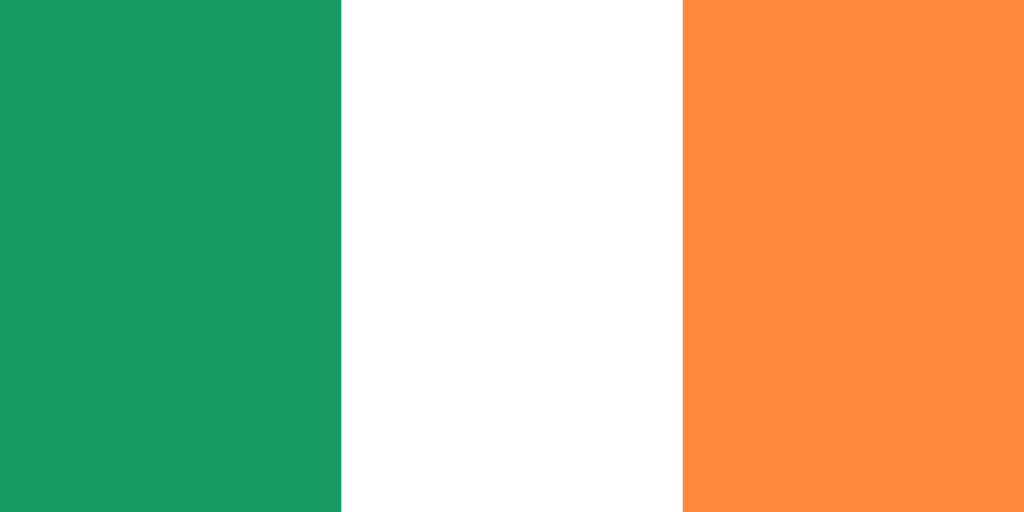- Call us on +91 85859 54773
- email us at counsellors@eugateway.in

offers all kinds of employment.
Tuition fess is fairly cheaper in Canada.
peaceful living like no other country.
The average cost of rent is cheap.




Studying in Ireland is not as expensive as it is in other European countries, which is why Ireland has become a favorite study destination for students. The fee structure varies from course to course as you might have to spend more for an MBA degree than other courses. The undergraduate students are expected to pay €45,000 to €55,000 for medicine-related subjects whereas you have to pay around €9,950 to €25,000 for engineering, science, and technology. The tuition fee for business, arts, and humanities will be around €9,750 to €22,000.
Healthcare in Ireland depends on whether your EU or not. If you are from the EU, you are entitled to free healthcare while studying in Ireland. However, if you are not from the EU, you won’t be entitled to the healthcare benefits. So it is best advised to get private health insurance to take care of your medical expenses.
